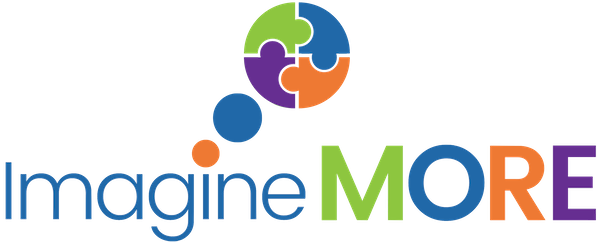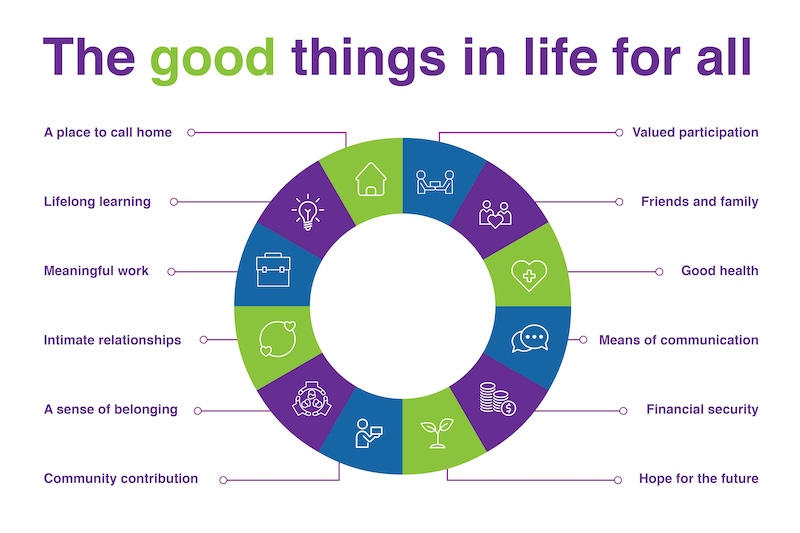Download the Session 1 workbook (PDF, 116 KB)
A Good Life
Getting Off the Fence and Getting a Real Life
A presentation by Justine Hall
It’s never too late to choose an inclusive path!
As the parent of three children with a disability, Justine Hall found that attending workshops on Social Role Valorisation greatly impacted her thinking. She now uses these principles to guide her children’s lives and activities.
It has changed the direction of her eldest son’s life. He moved out of a day program, and now has a valued role as an employee for several companies. He is also studying music at TAFE. As a result, he now has a flourishing network of friends and supports.
In this presentation Justine talks about:
- Start where you are. Take local, small steps, success builds success.
- Building a bridge of belief of what’s possible.
- The stop-start nature of the journey.
- View problems and obstacles as “solutions yet to be discovered“.
- Do what works, stop doing what doesn’t.
- Ask often – what’s good, better, best?
- Understand where your true resources live. Step out of the funding mindset. Develop sustainable energy circuits.
- Know your role is obsolete. Releasing control, fear, anxiety.
- Be clear on purpose. Get real about the consequences of not taking action.
- Playing time 00:27:54
Return to the Making the Most of Your Funding Resource Page >>
Creating an Equal Opportunity Life
A presentation by Ann Greer.
The good life is what we all strive for. If we think about ‘what makes up the good things of life?’ this is a good place to start. What is important to all of us?
- Having friends and being a friend
- Being a lifelong learner
- Having financial security
- Having a job
- Having a life partner
- Owning a home
These are just some of the things people identify as being important to all of us. This shouldn’t be any different for a person with disability.
However, it’s important to get the support right to enable a person to attend the local school, have meaningful work, live in a place to call home, and have many relationships. The first place to start is to look for freely-given support. This can then be complemented by paid support.
We need to believe a good life is possible so we can then see the abundance of opportunities our community holds for people with disability to have a purposeful and good life.
What does it take to build a good life around a person with a complex disability? In this video, Ann Greer explores the complexities of building a good life around a person considered to have multiple challenges. In stories and anecdotes, Ann shares her son Valen’s journey. Valen’s primary place in his family life is as a son and a brother not as a ‘challenge’ or a ‘burden’. He is an active participant in all aspects of family and community life.
You’ll learn about the importance of:
- actively “listening” to behaviour
- working from a position of deep respect for the person with disability.
- Playing time 00:41:23
Return to the Making the Most of Your Funding Resource Page >>
Vision
Clarity of Vision
Crafting a vision for a family member that communicates in ways other than talking
Wendy Stroeve explains the importance of having a clear vision about the kind of life a person with disability wants to achieve.
A good quality of life, connection with family, friends, and community, meaningful employment, and typical life experiences seldom happen by chance for people with disability. But it may happen as a result of a clear vision and determined action.
Wendy suggests that the vision of a positive life can become a compass. People with disability and their families can use their vision to navigate towards a rich and varied life.
- Playing time 00:15:07
Return to the Making the Most of Your Funding Resource Page >>



